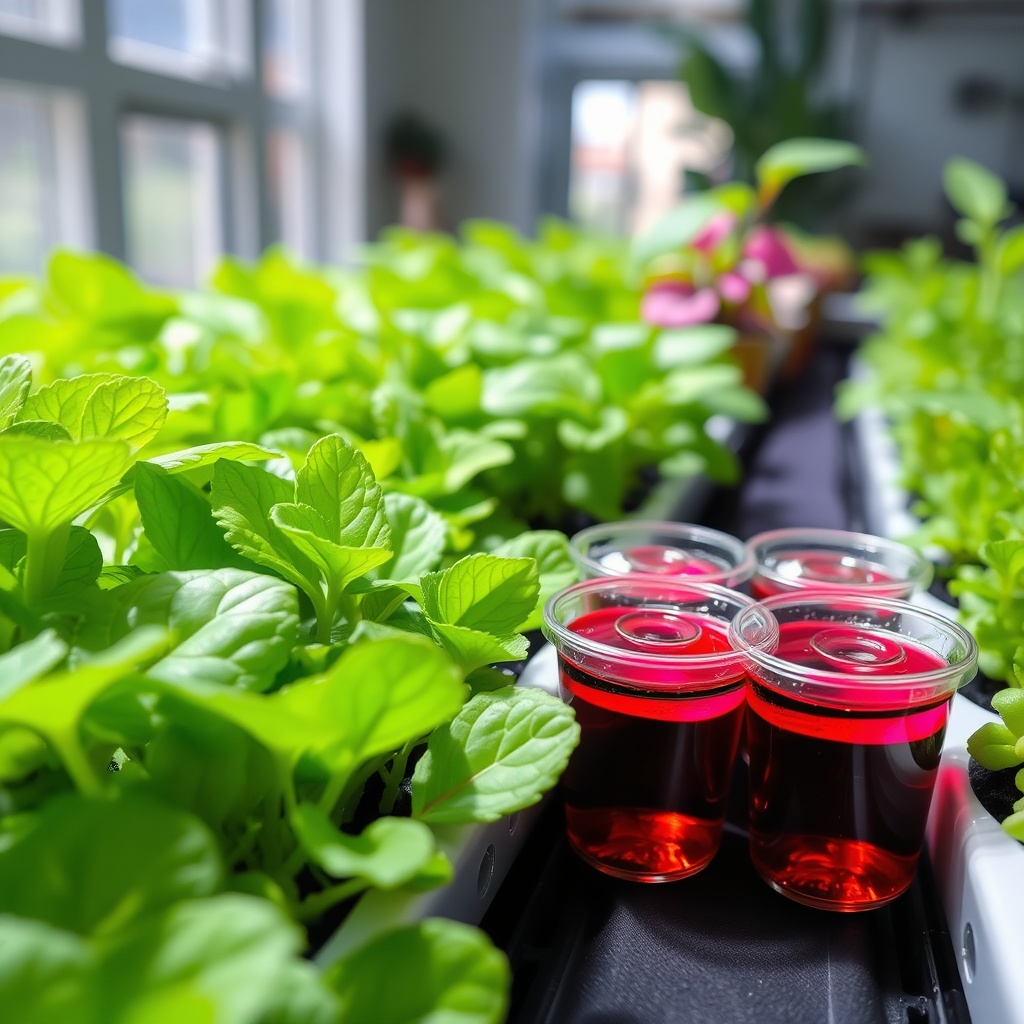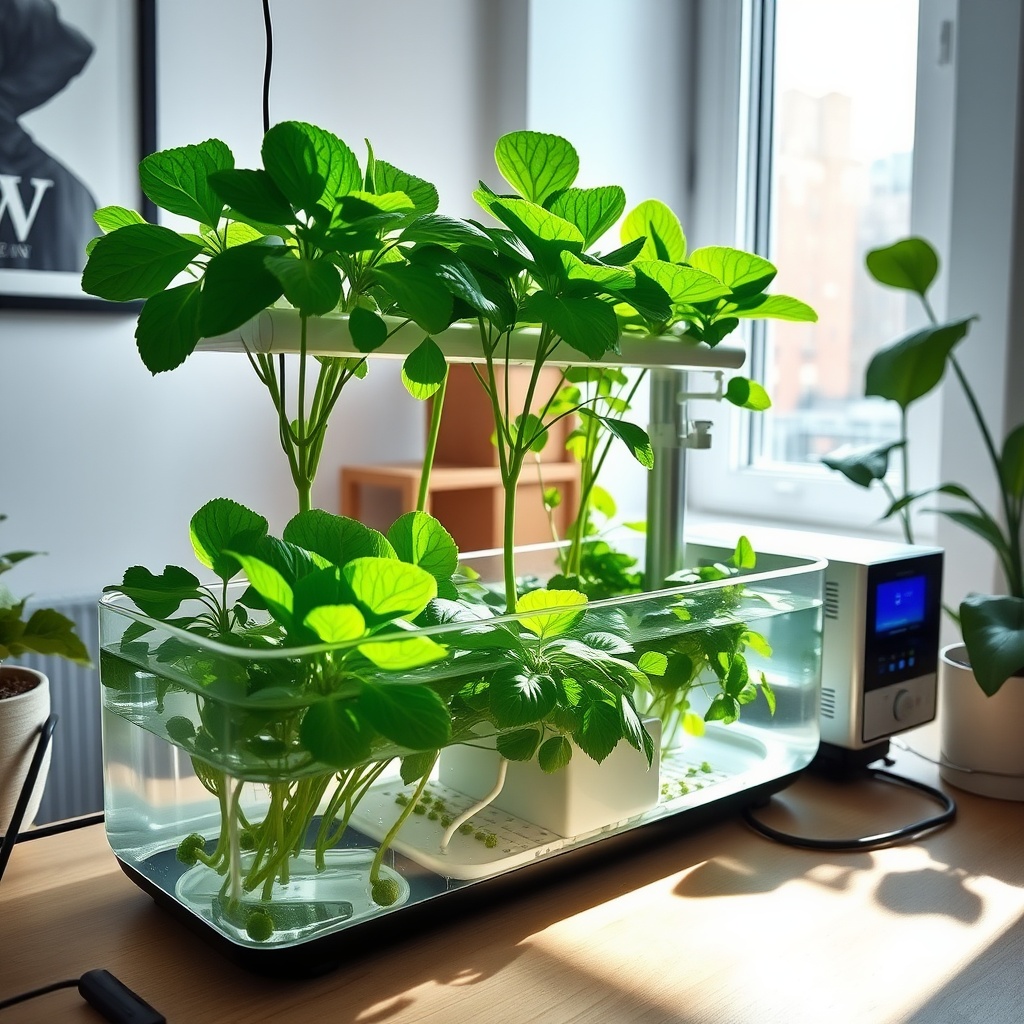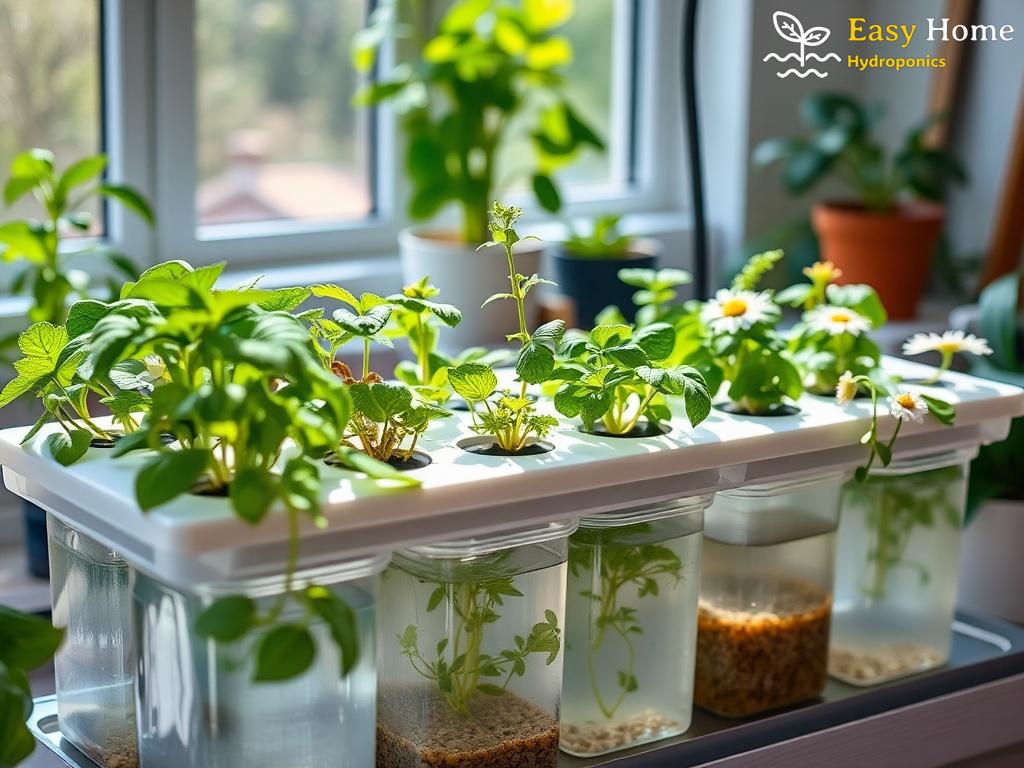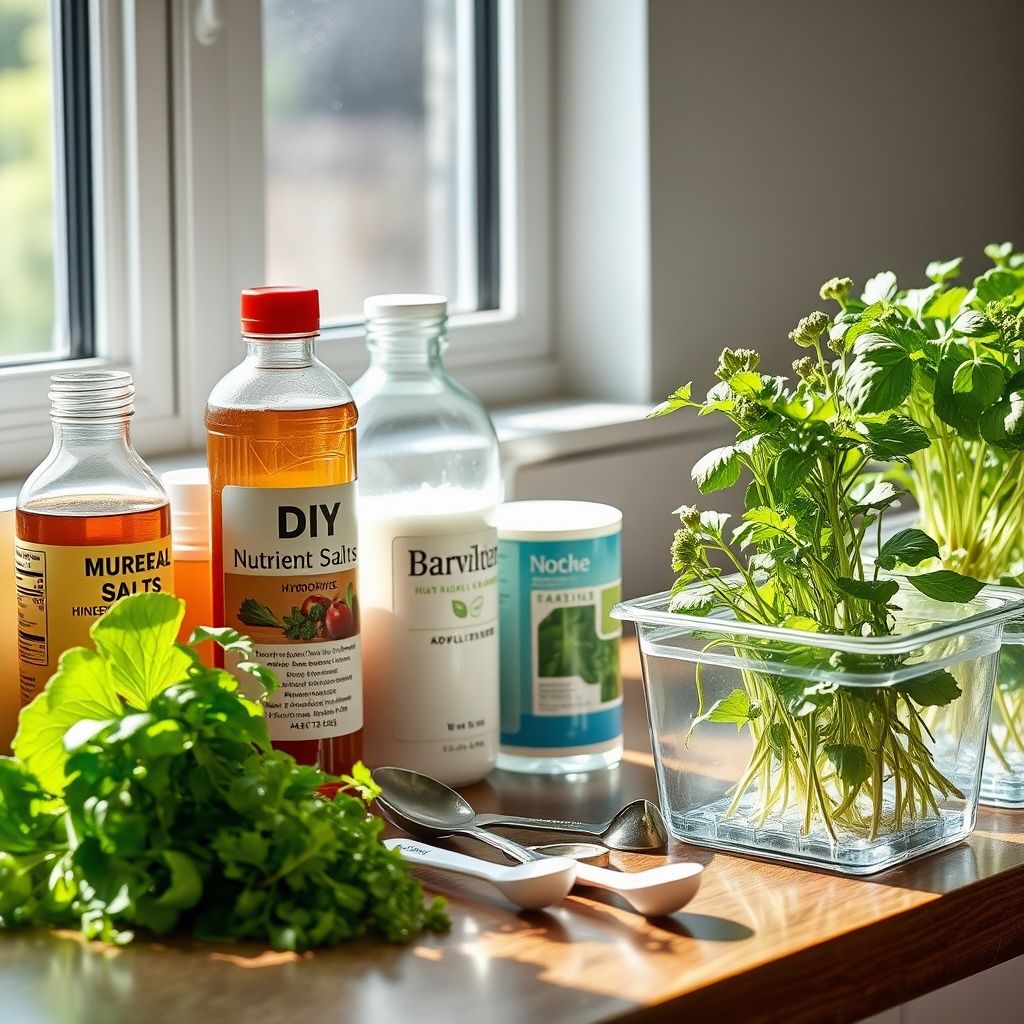Understanding Micronutrients: The Essential Players in Hydroponics
When it comes to growing plants hydroponically, the focus often lies on macronutrients like nitrogen, phosphorus, and potassium. However, the smaller players—micronutrients—are just as crucial for plant health and productivity. Micronutrients, including iron, manganese, zinc, and copper, might be needed in smaller quantities, but their impact on plant growth is monumental. Understanding these small elements can transform your hydroponic garden into a thriving sanctuary.
The Role of Micronutrients in Plant Health
In hydroponics, plants absorb nutrients directly from a nutrient-rich solution, making the role of micronutrients even more significant. These elements assist in various physiological functions, including enzyme activation, photosynthesis, and chlorophyll production. A deficiency in any of these micronutrients can lead to stunted growth, poor yield, and even plant death. Thus, knowing how to manage and optimize micronutrient levels is paramount for any successful hydroponic gardener.
Essential Micronutrients and Their Functions
To help you navigate the world of micronutrients, here’s a concise list of some of the most important micronutrients, their functions, and the symptoms of deficiencies:
- Iron (Fe): Crucial for chlorophyll synthesis; deficiency leads to yellowing leaves.
- Manganese (Mn): Involved in photosynthesis; deficiency can cause brown spots on leaves.
- Zinc (Zn): Important for growth hormone production; deficiency results in stunted growth.
- Copper (Cu): Aids in enzyme function; deficiency can lead to wilting and dieback.
Understanding these micronutrients and their specific roles enables gardeners to create a balanced nutrient solution that promotes optimal plant growth and health.




